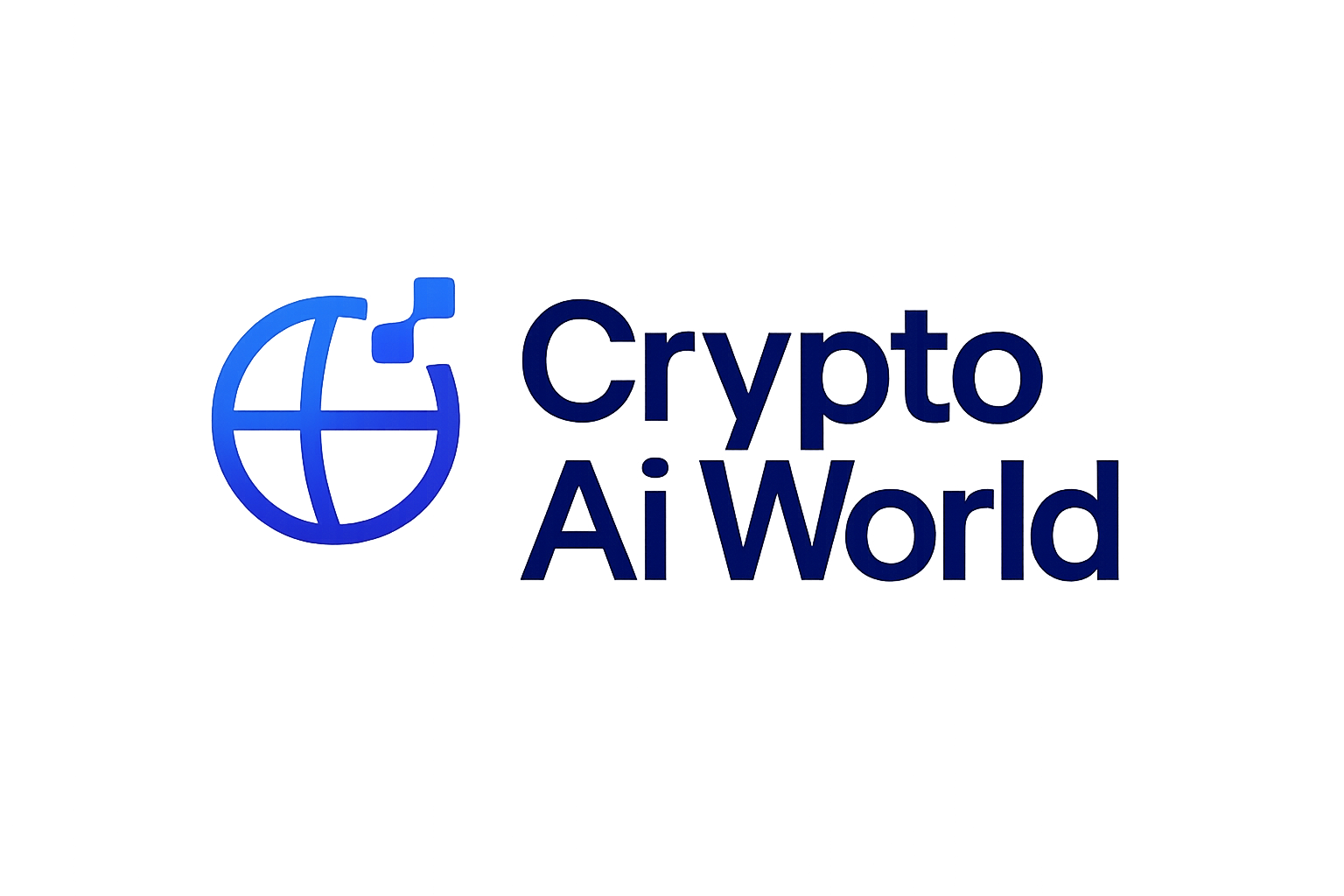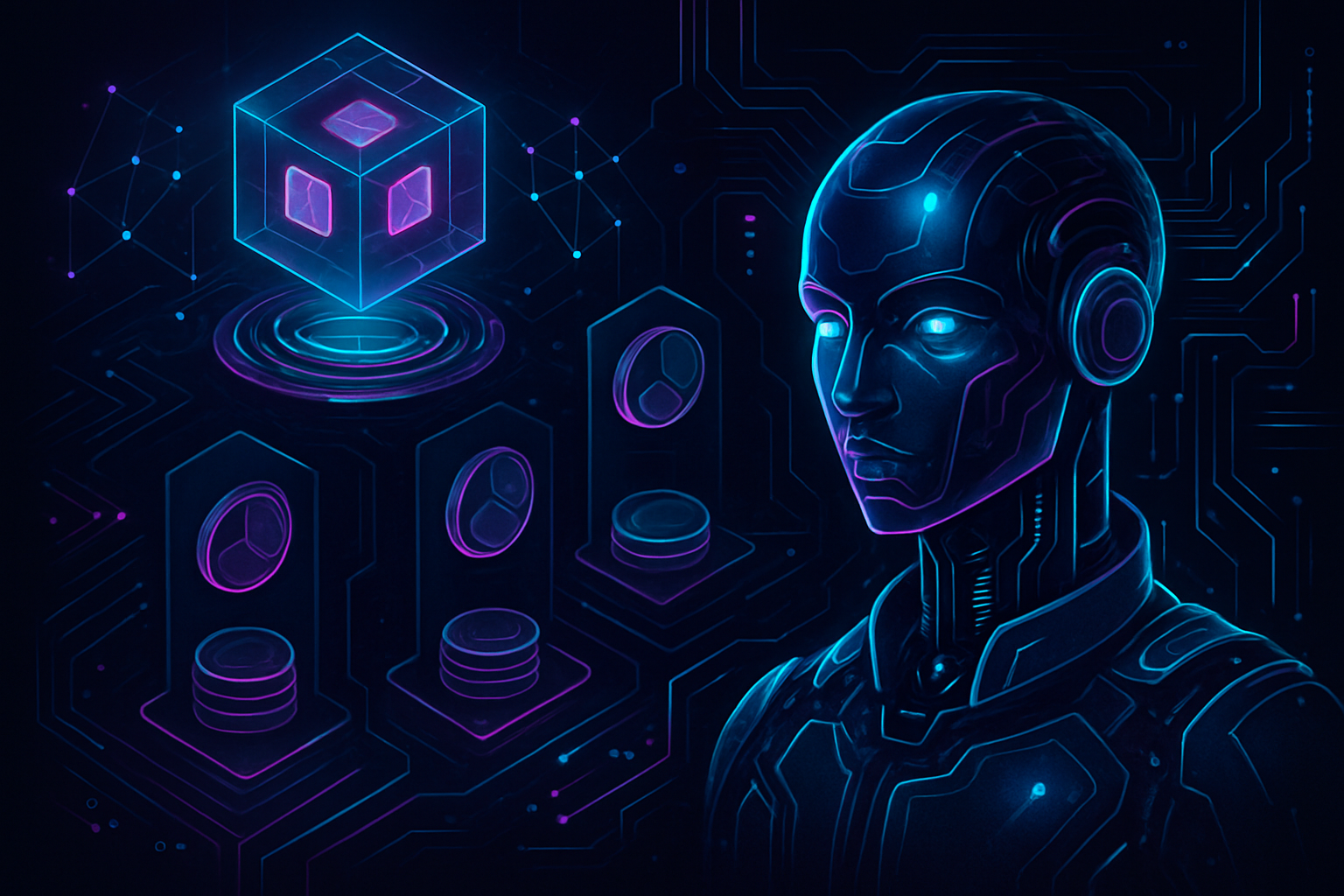
Fractional ownership is rapidly transforming the world of decentralized AI agent networks, letting anyone become a co-owner of AI-powered agents and share in their success. Forget the old days where only tech giants or deep-pocketed VCs could access the rewards of cutting-edge AI. Today, thanks to tokenized infrastructure and platforms like Fraction AI, Kinds. ai, and SolyAI, everyday innovators can own a piece of the next generation of intelligent agents, no PhD or massive bankroll required.

Tokenizing Intelligence: How Fractional Ownership Works
At the heart of this revolution is tokenization. Imagine each AI agent, whether it’s a trading bot, a virtual assistant, or a data-labeling engine, being split into thousands (or millions) of digital shares. These shares are blockchain-based tokens that represent fractional ownership in the agent itself. As an owner, you get more than bragging rights; you’re entitled to a slice of whatever revenue that agent earns as it works in the wild.
This model isn’t speculative hype, it’s already live on platforms like Kinds. ai and SolyAI. Token holders can propose upgrades, vote on features, and even decide how profits should be distributed. The result? A community-owned network where everyone has skin in the game.
The Real-World Impact: Lower Barriers, More Opportunity
Fractional AI ownership isn’t just about democratizing investment, it’s about lowering barriers for builders and users alike. Here’s how:
Top Benefits of Fractional Ownership in Decentralized AI
-
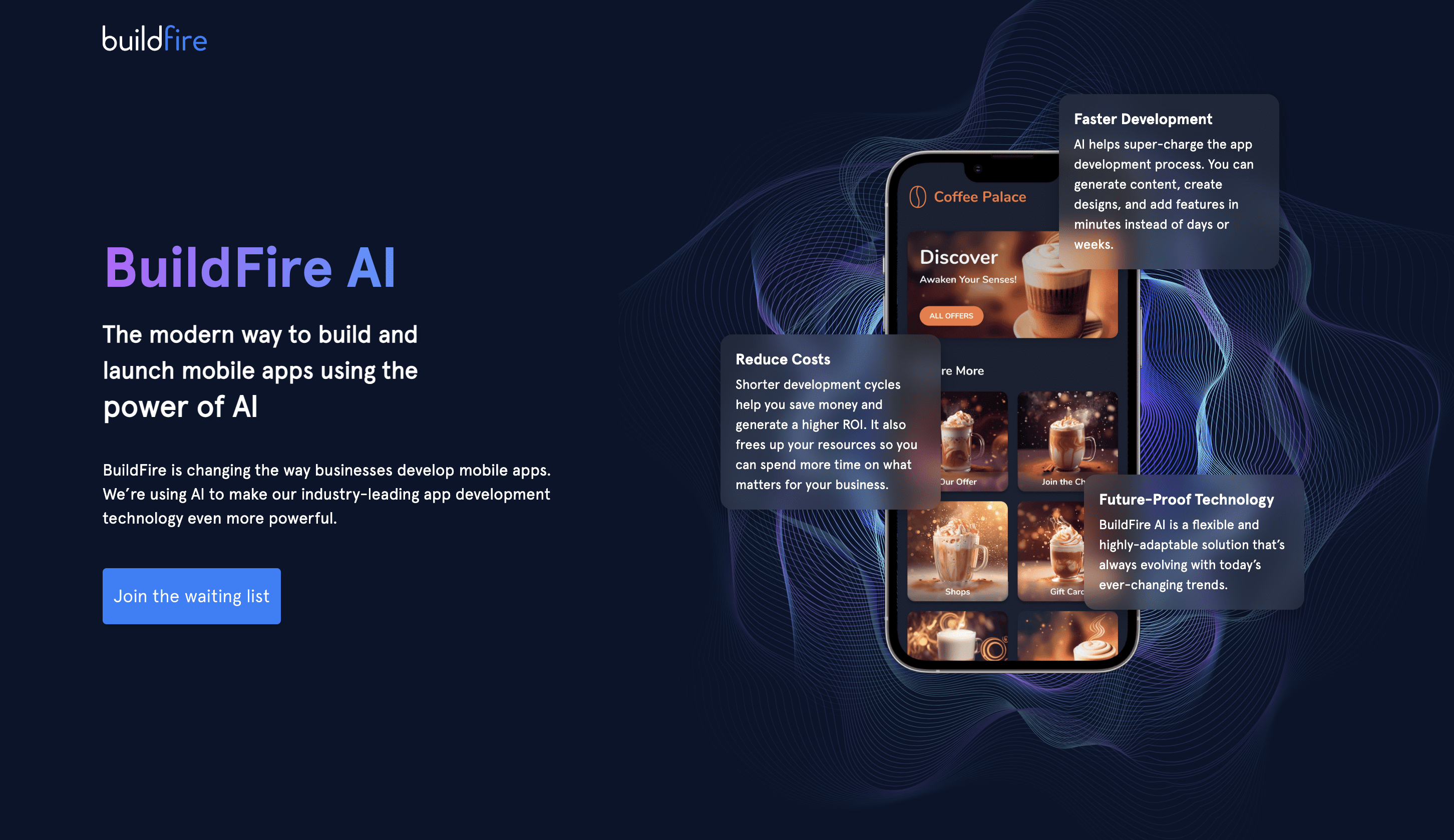
Lower Barriers to Entry: Fractional ownership lets anyone invest in cutting-edge AI agents without needing deep technical skills or massive capital. Platforms like Fraction AI and Kinds.ai make it easy for individuals to get started with just a small stake.
-

Passive Income Opportunities: Token holders earn a share of the revenue generated by AI agents, creating a steady stream of passive income. For example, Fraction AI distributes earnings from AI agent services directly to token owners.
-
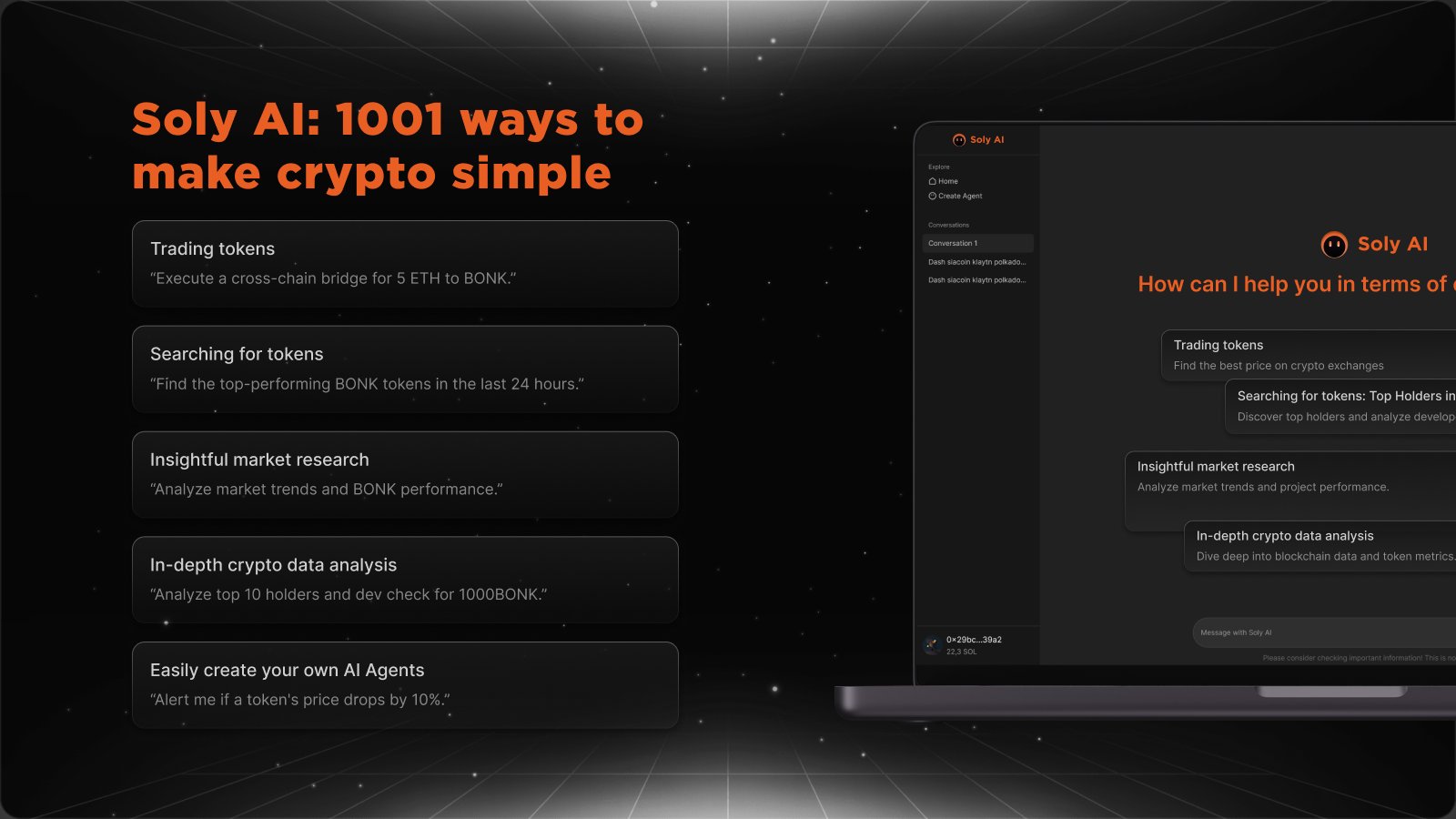
Increased Liquidity: Tokenized AI agents can be bought, sold, or traded on decentralized marketplaces, giving investors more flexibility and quick access to their funds. SolyAI and Virtuals Protocol both support liquid trading of AI agent tokens.
-
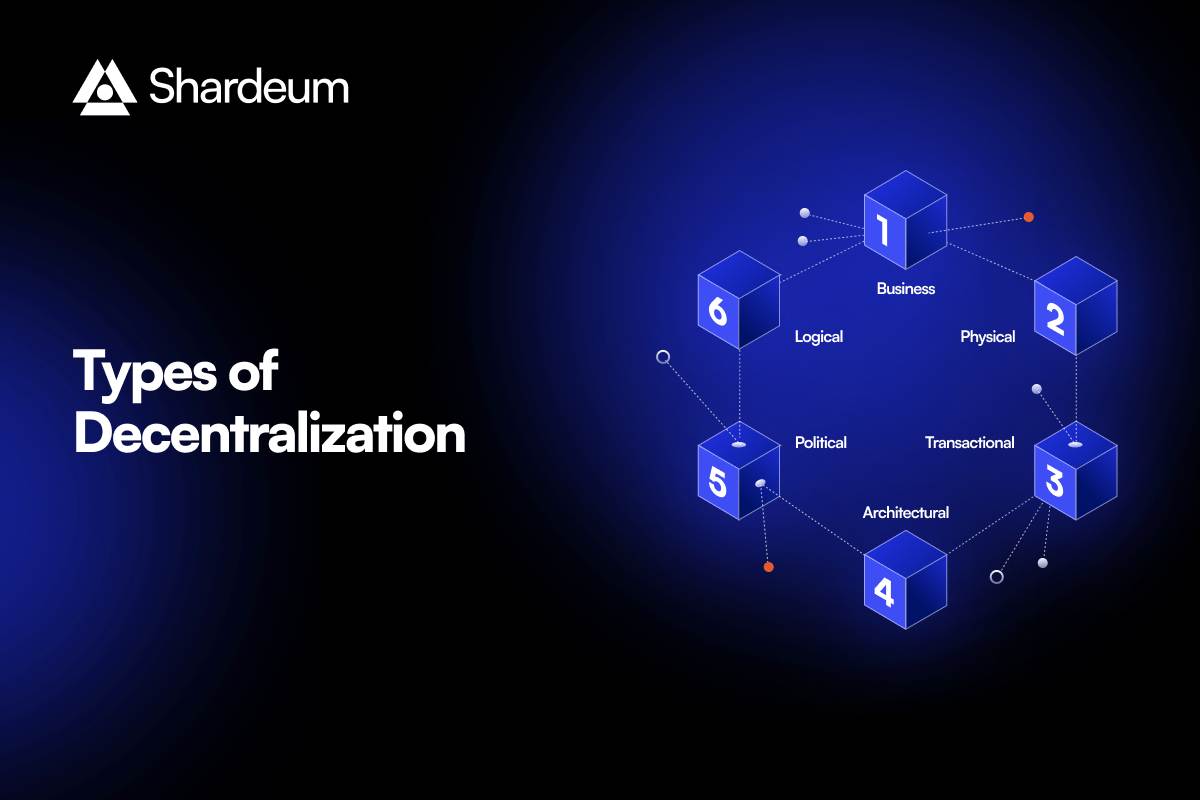
Democratization of AI Access: Fractional ownership spreads the benefits of AI across a wider community, reducing concentration among a few big players. Platforms like Kinds.ai and Virtuals Protocol empower diverse groups to participate in AI development and profits.
-
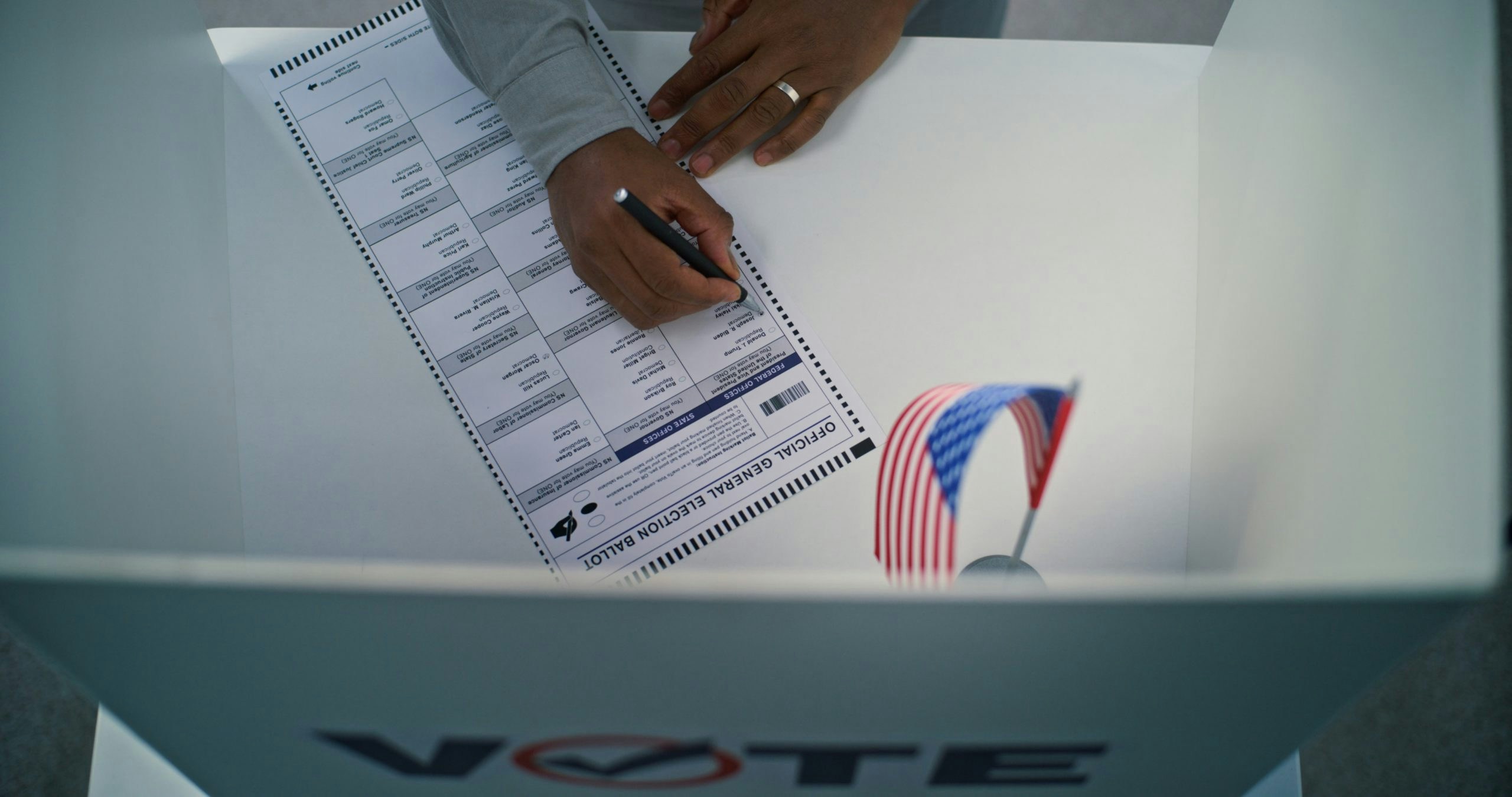
Community-Driven Governance: Token holders can propose and vote on key decisions, from feature upgrades to profit distribution. This ensures that the direction of AI agents aligns with the interests of a broad community, as seen on Kinds.ai and SolyAI.
With platforms like Fraction AI gearing up for its $FRAC token launch in Q3 2025 (see details on Bitget Wallet), anyone can participate in decentralized agent training ecosystems. You don’t need to know how to code an agent from scratch; you can simply prompt one into existence and start earning rewards by contributing high-quality training data (airdrop details here). This is true on-chain AI participation, accessible, transparent, and rewarding.
Decentralized Governance: Power to the People (and Their Tokens)
The magic sauce behind these networks is decentralized governance. Instead of top-down control by corporations, decisions are made by token holders through on-chain voting systems. Want your favorite trading bot to learn new strategies? Propose it! Prefer higher revenue sharing over reinvestment? Vote for it! This participatory approach ensures that development aligns with community interests, not just those at the top.
Kinds. ai leads here by placing each agent’s tokens into liquidity pools, letting co-owners direct upgrades and revenue flows (read more). SolyAI takes it further with token buybacks and burns, mechanisms designed to boost token value over time as agents succeed in the open market.
This new paradigm of community-owned AI networks is already attracting a wave of builders, investors, and curious first-timers. The Virtuals Protocol, for example, is making waves in gaming and entertainment by letting anyone create and co-own on-chain AI agents. Imagine launching an autonomous game character or digital artist that earns revenue, and you share in the profits with every quest or masterpiece completed. It’s not just about access; it’s about active participation in shaping the next era of intelligent software.
The ripple effects go far beyond individual gains. As more people join these networks, we’re seeing a shift toward decentralized physical infrastructure networks (DePIN) for AI compute. Instead of relying on centralized cloud giants, compute resources are pooled from many contributors, each rewarded through tokenized incentives. This not only makes AI development more resilient but also spreads the economic upside across a much wider base.
What’s Next: The Road Ahead for Fractionalized AI Agents
The launch of $FRAC and similar tokens signals that fractional ownership isn’t just a trend, it’s quickly becoming the foundation for how we build and scale decentralized AI agents. Upcoming features like automated agent upgrades, real-time performance tracking, and even cross-platform interoperability are on the horizon. These innovations promise to make it easier than ever to launch, manage, and profit from your own fleet of intelligent agents, no matter your background.
But there are still challenges to iron out. Governance models need to balance efficiency with true decentralization. Security remains critical as value flows into these systems. And as with any emerging technology, education is key, helping newcomers understand both the risks and rewards of participating in tokenized AI infrastructure.
Getting Involved: How You Can Join the Movement
If you’re ready to dive into this space, start by exploring platforms like SolyAI, Kinds. ai, or keep an eye on the upcoming $FRAC launch (airdrop details here). Look for communities that prioritize transparency, open governance, and fair revenue sharing, these are hallmarks of projects built to last.
When owning fractionalized AI agents, do you prefer earning passive income or participating in active governance?
Fractional ownership in decentralized AI agent networks lets you co-own AI agents and choose your level of involvement. Would you rather sit back and earn passive income, or help shape decisions through active governance?
The bottom line? Fractional AI ownership is more than just a new investment vehicle, it’s an invitation to help shape how intelligence gets built, deployed, and rewarded at global scale. Whether you’re a developer eager to launch your own agent or an investor looking for novel yield opportunities in crypto-powered AI infrastructure, this movement puts real power (and potential upside) directly into your hands.
